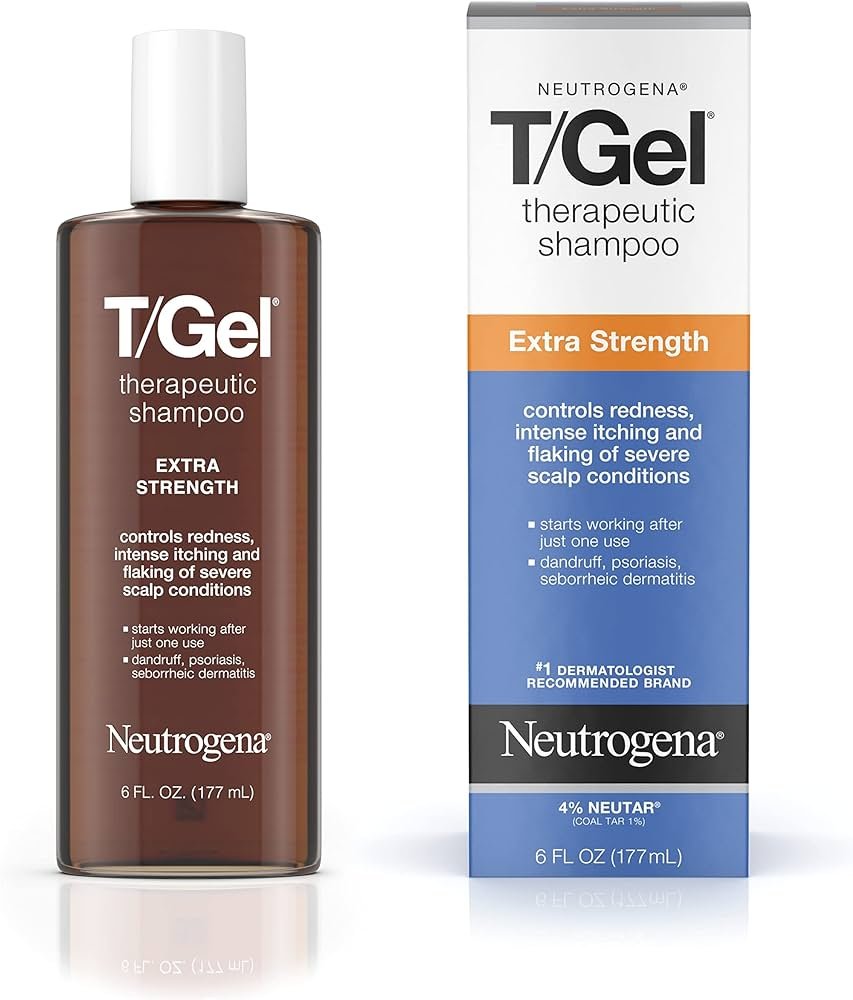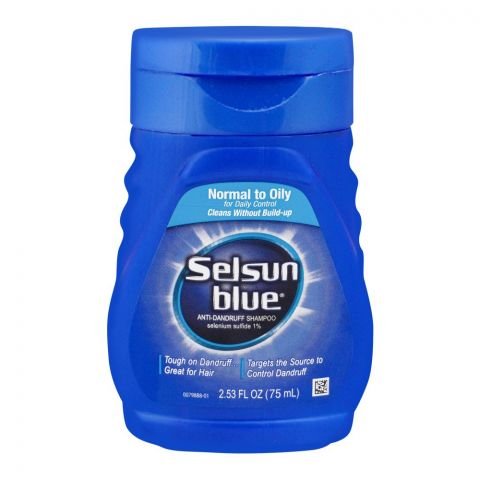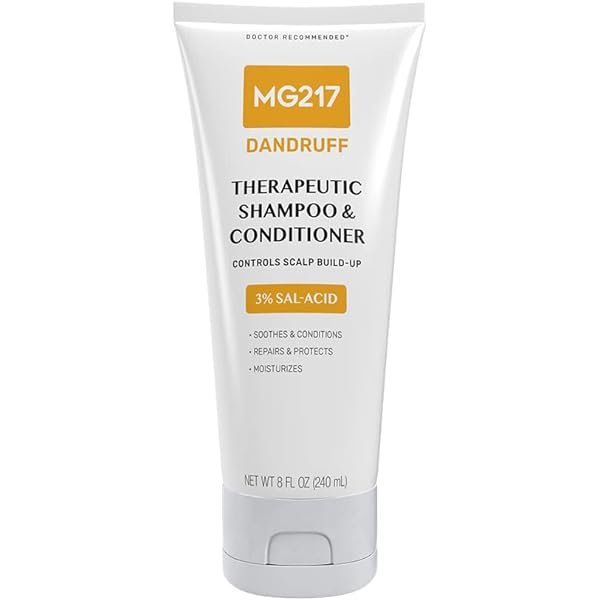Dandruff is a form of scaly dermatosis that causes the skin on the scalp to flake & spread in hair. It isn’t contagious or serious. But sometimes it can be bothering and difficult to treat.
Mild dandruff can be treated with a gentle daily care shampoo. In severe cases it may not work, a medicated shampoo or a treatment may be required.
What are signs & symptoms of dandruff?
Signs & symptoms may include the following:
- dry white/gray flakes scattered over the scalp, hair, beard, eyebrows & mustache.
- Scaling and pruritus.
- Itchy scalp
- Hair Loss
It may get more severe in cooler & dry months and less severe during summer months.
What Causes dandruff?
The main causes are summarized below:
- A yeast-like fungus (Pityrosporum or Malassezia) that feeds on oils on the scalps & skin of most adults
- Irritated skin
- Dry skin
- Sensitivity to hair care products, contact dermatitis
- Other skin conditions, such as psoriasis and eczema
- Puberty or later and peaks in early adulthood
- Exposure to dirt or dust
- Not shampooing regularly may cause the skin cells to accumulate and create flakes and itching
Patients who suffer from dandruff are found to have higher levels of Pityrosporum/Malassezia (a fungus that is found in the normal flora of the skin and scalp).
Although there may be a link between the dandruff and elevated levels of Pityrosporum, but it is unclear if the fungus leads to the scaly scalp or if the scaly scalp allows for the fungus to grow at a more rapid pace.
How to treat dandruff at home?
Many patients who suffer from mild dandruff may be able to control the condition simply by washing with a daily care shampoo on a daily basis. You should scrub the scalp thoroughly while shampooing. Use water at a moderate temperature, do not use water at a high temperature because it can render the scalp dry which later on leads to scaling.
Sometimes oils or oil replacements that enhance the moisture in hair may also reduce flaking
Following is the list of products that can be used at home to treat dandruff :
- Daily care shampoo that suits your hair
- Olive oil
- Coconut Oil
- Aloe Vera
- Dove or Pantene Oil replacements
What is Medicated Treatment for dandruff?
Those who suffer with more moderate-to-severe dandruff are recommended to use a medicated shampoo.
Most medicated shampoos should be used at least 2-3 times weekly for the first 2 to 3 weeks. Patients should then decrease to once weekly or once every other week to maintain dandruff control.
To apply medicated shampoo, thoroughly rub shampoo into the scalp and hair. Leave on for 5-10 mins, then rinse and repeat. You may be instructed to use a scalp scrubber to ensure adequate penetration of the shampoo on the scalp.
Following is the list of medicated treatments :
1. Cytostatic agents:
These work by decreasing the rate of epidermal cell turnover.
(a) Coal Tar (DHS Tar, Neutrogena Tar Gel)

Mechanism of action is likely related to the ability of coal tar to cross-link with DNA and inhibit cell division. Prolonged exposure to coal tar may be carcinogenic, although patients who use coal tar only for treatment of skin conditions such as scaly dermatoses should not be at risk. These agents may cause photosensitivity and folliculitis. Do not use on or near groin, anus, and axillae. Can stain clothing and bedsheets, as well as skin and hair (particularly blonde, gray, and bleached hair). These products usually possess a strong, unpleasant odor.
Available as shampoo, lotion, cream, ointment, foam, and soap in strengths ranging from 0.5% to 5.0%.
(b) Pyrithione Zinc (DermaZinc, Head & Shoulders Dry Scalp)
Cytostatic activity prevents epidermal cell growth and multiplication. It also possesses antifungal activity. May be applied to scalp and skin. Different concentrations are approved for different conditions. Use products with 0.3% to 2.0% concentration for brief washings, such as shampooing; use products with 0.1% to 0.25% concentration when instructing patient to apply to scalp or skin without washing off (e.g., creams and lotions).
(c) Selenium Sulfide (Dandrex, Selsun Blue)

Selenium sulfidepossesses cytostatic and antifungal activities. May cause discoloration of blonde, gray, and bleached hair, especially with prolonged periods of application. Can leave scalp unusually oily. Available as shampoo, lotion, and foam in concentrations from 1.0% (over the counter) to 2.25% (via prescription).
2. Keratolytic agents:

These work by dissolving or breaking down the outermost layer of skin, causing peeling of the stratum corneum.
- Salicylic Acid (Ionil, Salex) decreases skin pH, thereby increasing the movement of water into the stratum corneum, which loosens and removes epidermal cells.
- Sulfur exhibits antimicrobial/antifungal activity, although exact mechanism of action is unknown. Approved as a single agent for the treatment of dandruff , but rarely marketed by itself; most commonly seen in sulfur/salicylic acid combination products (with sulfur concentrations between 2% and 5%).
(c) Sulfur/salicylic Acid (MG217 Medicated Tar Dandruff Shampoo, Scalpicin Maximum Strength) When used in combination, individual ingredients may not exceed FDA approved limits for treatment of dandruff (i.e., up to 5% sulfur and 3% salicylic acid).
3. Anti-Fungal agents:
These agents are more commonly used and are safer option as compared to others.

(a) Ketoconazole (Nizoral Shampoo) is a common treatment option in dandruff and seborrheic dermatitis due to its activity against Pityrosporum. Directions for application are 2-3 times a week. Avoid use in patients 12 years old and those who are nursing or pregnant. Available as OTC-strength (1%) and prescription-strength (2%) shampoos.
